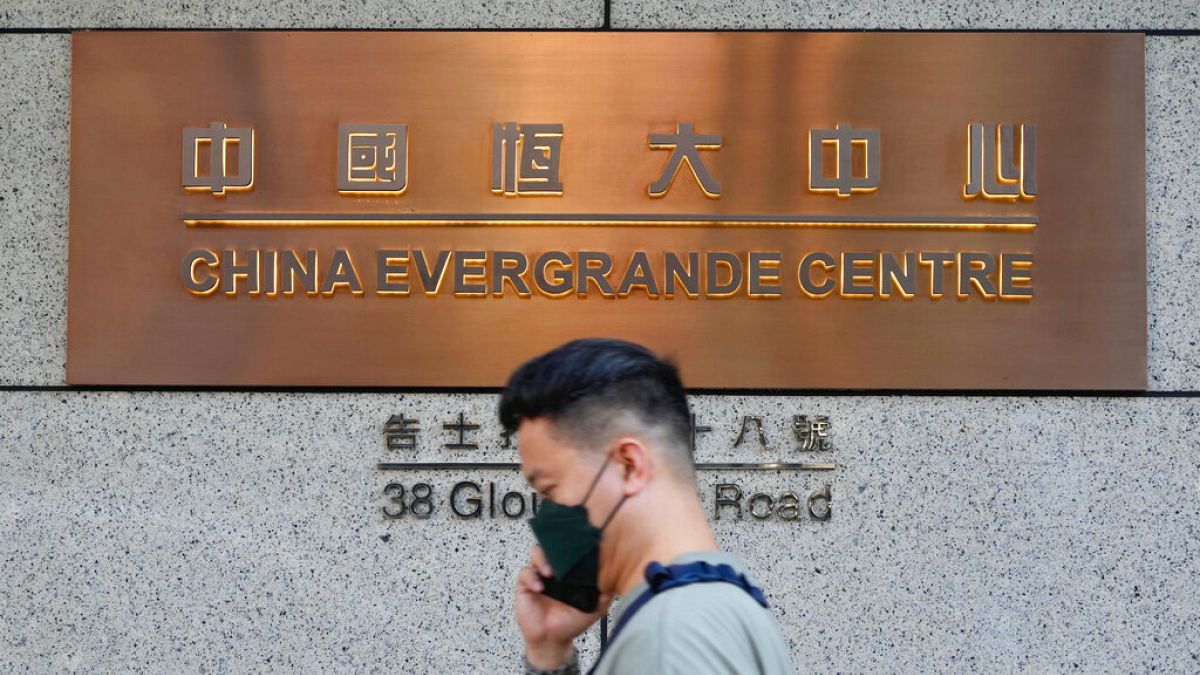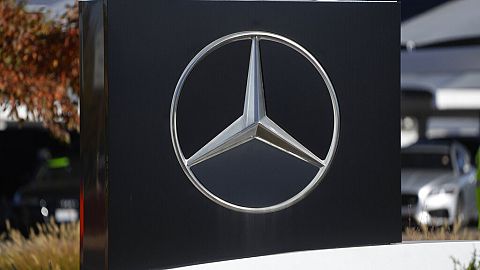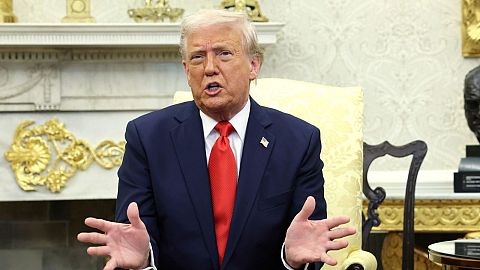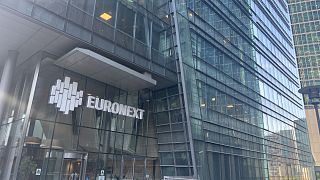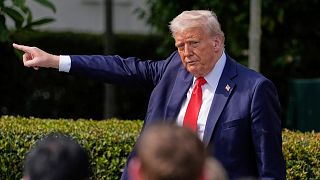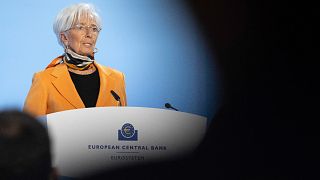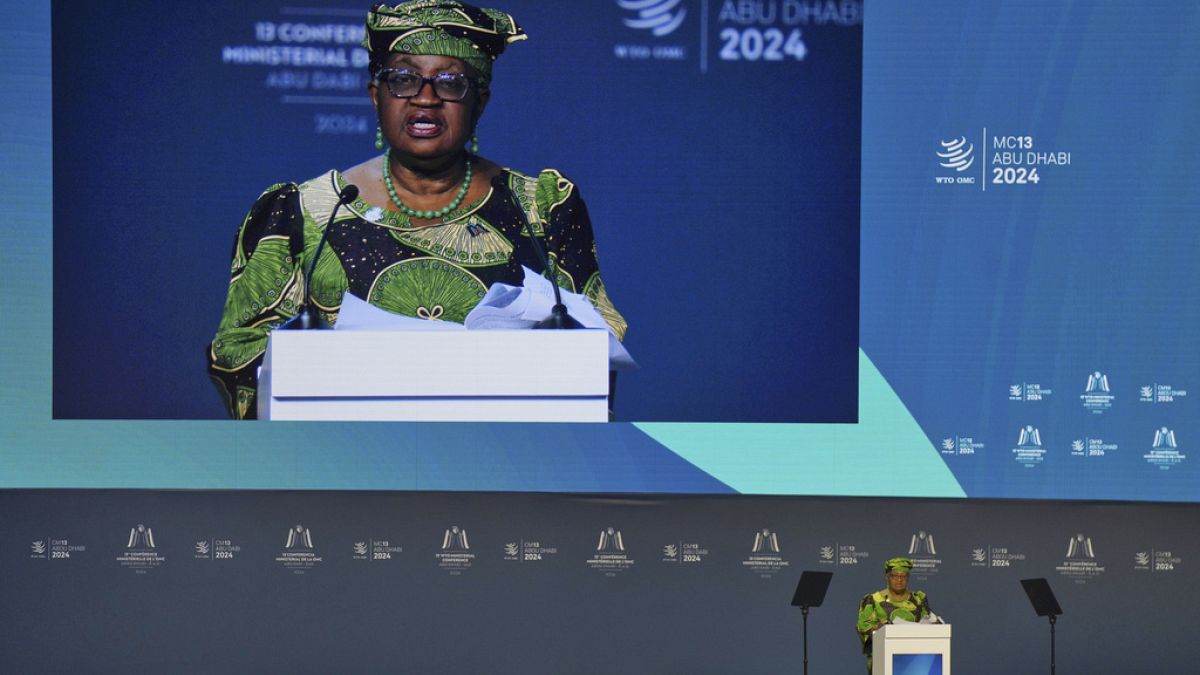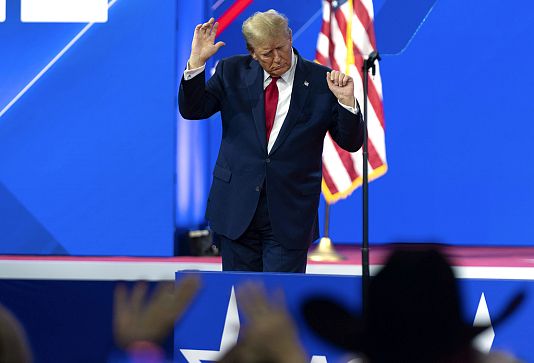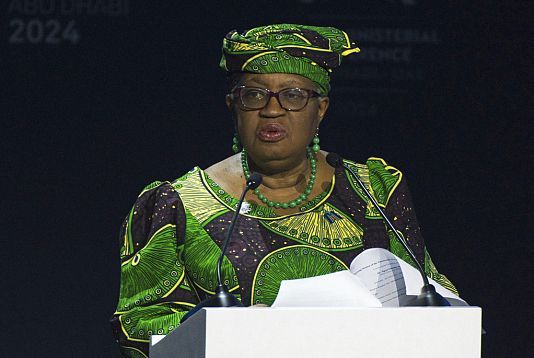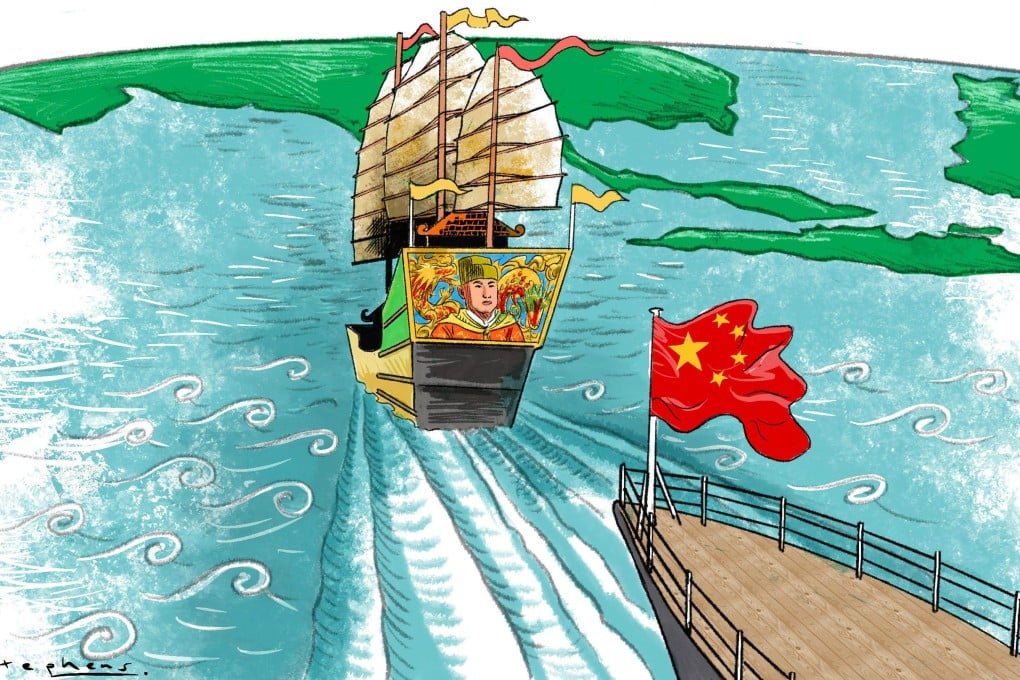Khaled: President Xi's visit to Malaysia not linked to US tariff row
By
Nor Azizah Mokhtar,
Muhammad Asyraff Hafizi
April 15, 2025 @ 6:32pm
The Jalur Gemilang and the Chinese flag were put up around Dataran Putrajaya in conjunction with Chinese President Xi Jinping's three-day state visit to Malaysia. - BERNAMA PIC
KUALA LUMPUR: The official three-day state visit by
Chinese President Xi Jinping to Malaysia, from today until Thursday, is unrelated to the recent tariff hike imposed by the United States (US), says Defence Minister Datuk Seri Mohamed Khaled Nordin.
He said that the visit had been scheduled well in advance and was not, as some have speculated, a surprise move.
"A visit by such a prominent leader is never arranged at the last minute. It is meticulously planned over several months," he said.
"This visit has no direct link to the recent tariff issue. When it was first arranged, we did not foresee the tariff matter becoming a hot topic. Therefore, it should not be viewed within that context."
Khaled told reporters this after attending the Defence Ministry's Aidilfitri celebration at Dewan Seroja, Kementah Camp, earlier today.



